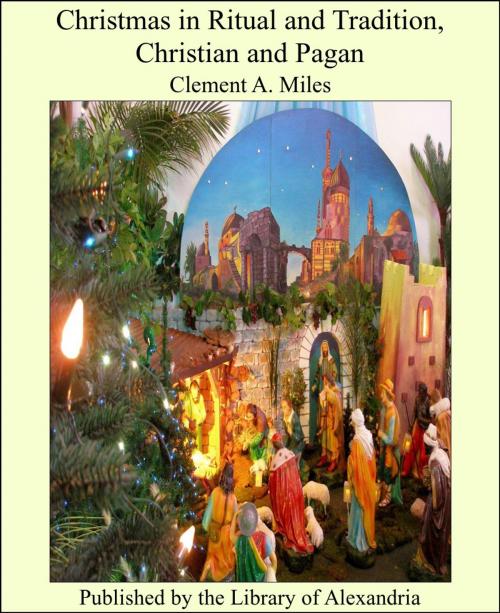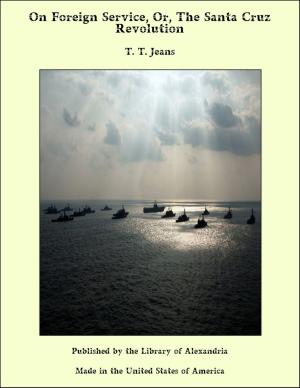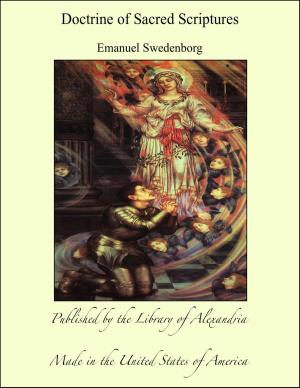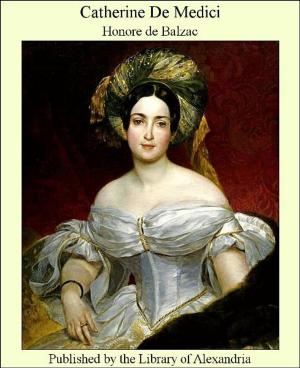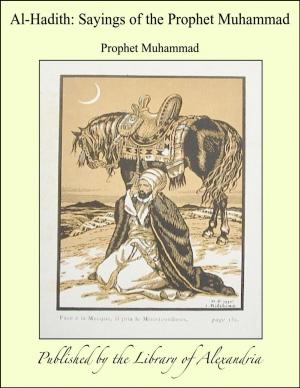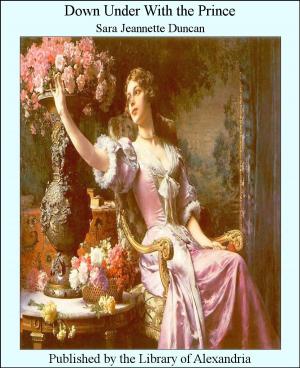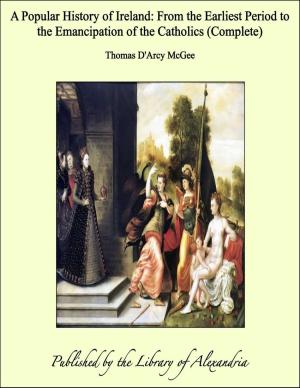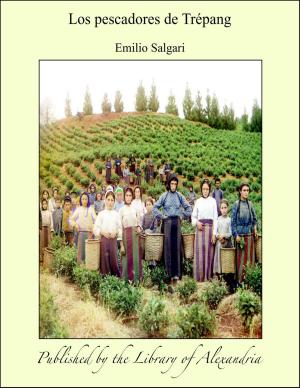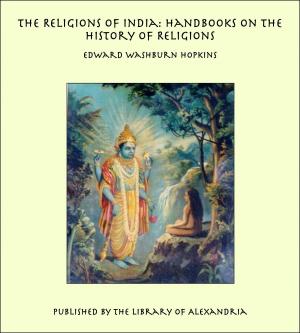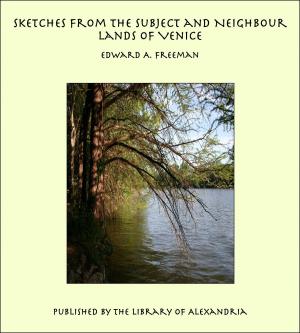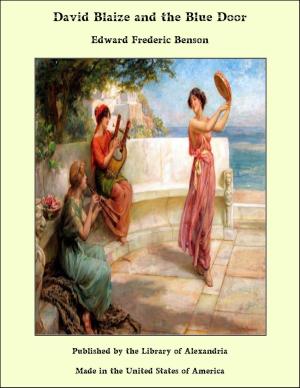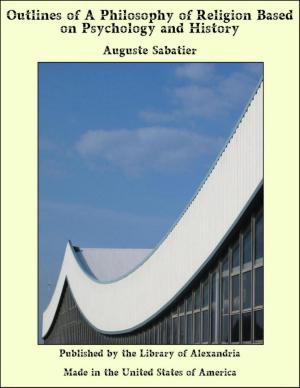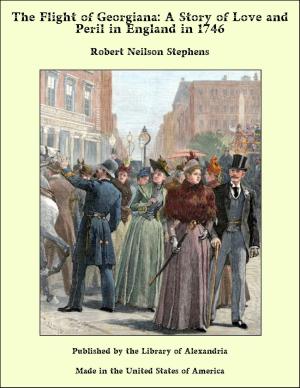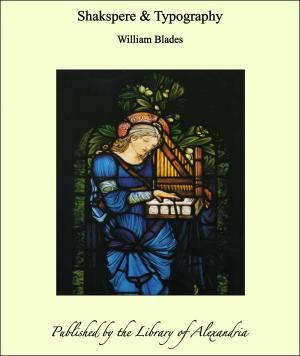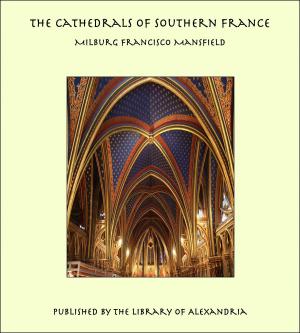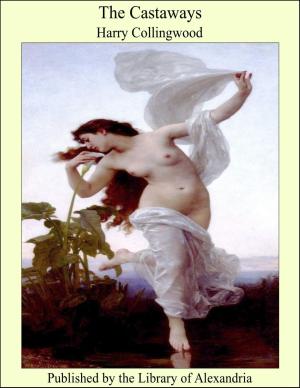Christmas in Ritual and Tradition, Christian and Pagan
Nonfiction, Religion & Spirituality, New Age, History, Fiction & Literature| Author: | Clement A. Miles | ISBN: | 9781465515247 |
| Publisher: | Library of Alexandria | Publication: | March 8, 2015 |
| Imprint: | Language: | English |
| Author: | Clement A. Miles |
| ISBN: | 9781465515247 |
| Publisher: | Library of Alexandria |
| Publication: | March 8, 2015 |
| Imprint: | |
| Language: | English |
In this volume I have tried to show how Christmas is or has been kept in various lands and ages, and to trace as far as possible the origin of the pagan elements that have mingled with the Church's feast of the Nativity. I have dealt with the festival on its distinctively Christian side. The book has, however, been so planned that readers not interested in this aspect of Christmas may pass over Chapters II.-V., and proceed at once from the Introduction to which treats of pagan survivals. The book has been written primarily for the general reader, but I venture to hope that, with all its imperfections, it may be of some use to the more serious student, as a rough outline map of the field of Christmas customs, and as bringing together materials hitherto scattered through a multitude of volumes in various languages. There is certainly room for a comprehensive English book on Christmas, taking account of the results of modern historical and folk-lore research. The writer of a work of this kind necessarily owes an immense debt to the labours of Others. In my bibliographical notes I have done my best to acknowledge the sources from which I have drawn. It is only right that I should express here my special obligation, both for information and for suggestions, to Mr. E. K. Chambers's “The Mediaeval Stage,” an invaluable storehouse of fact, theory, and bibliographical references. I also owe much to the important monographs of Dr. A. Tille, “Die Geschichte der deutschen Weihnacht” and “Yule and Christmas”; to Dr. Feilberg's Danish work, “Jul,” the fullest account of Christmas customs yet written; and of course, like every student of folk-lore, to Dr. Frazer's “The Golden Bough.” References to authorities will be found at the end of the volume, and are indicated by small numerals in the text; notes requiring to be read in close conjunction with the text are printed at the foot of the pages to which they relate, and are indicated by asterisks, &c
In this volume I have tried to show how Christmas is or has been kept in various lands and ages, and to trace as far as possible the origin of the pagan elements that have mingled with the Church's feast of the Nativity. I have dealt with the festival on its distinctively Christian side. The book has, however, been so planned that readers not interested in this aspect of Christmas may pass over Chapters II.-V., and proceed at once from the Introduction to which treats of pagan survivals. The book has been written primarily for the general reader, but I venture to hope that, with all its imperfections, it may be of some use to the more serious student, as a rough outline map of the field of Christmas customs, and as bringing together materials hitherto scattered through a multitude of volumes in various languages. There is certainly room for a comprehensive English book on Christmas, taking account of the results of modern historical and folk-lore research. The writer of a work of this kind necessarily owes an immense debt to the labours of Others. In my bibliographical notes I have done my best to acknowledge the sources from which I have drawn. It is only right that I should express here my special obligation, both for information and for suggestions, to Mr. E. K. Chambers's “The Mediaeval Stage,” an invaluable storehouse of fact, theory, and bibliographical references. I also owe much to the important monographs of Dr. A. Tille, “Die Geschichte der deutschen Weihnacht” and “Yule and Christmas”; to Dr. Feilberg's Danish work, “Jul,” the fullest account of Christmas customs yet written; and of course, like every student of folk-lore, to Dr. Frazer's “The Golden Bough.” References to authorities will be found at the end of the volume, and are indicated by small numerals in the text; notes requiring to be read in close conjunction with the text are printed at the foot of the pages to which they relate, and are indicated by asterisks, &c
